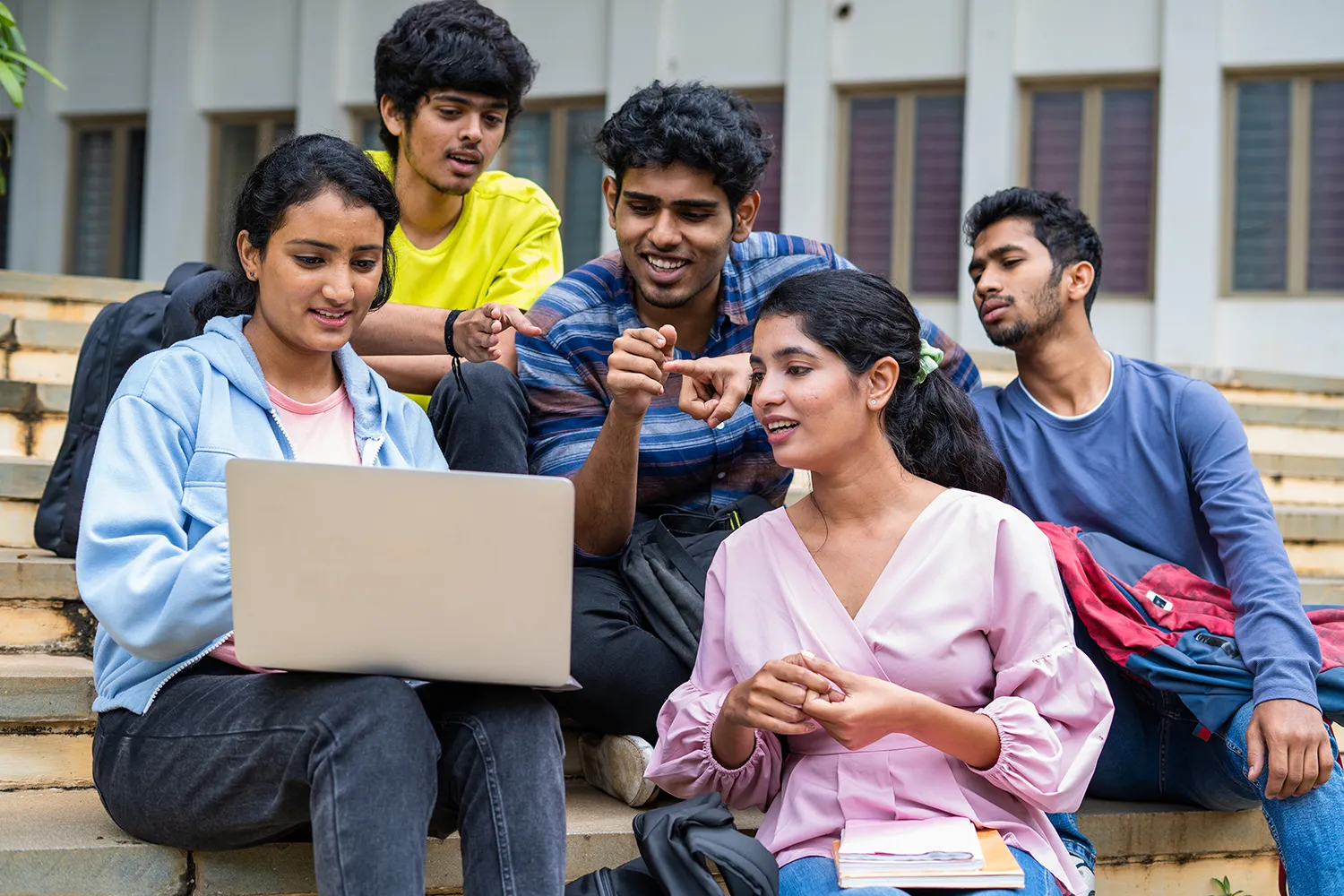Russia Builds a Global Digital Education Network

By exporting digital skills and creating international training programs in cybersecurity, AI, and data science, Russia is forging a new model of education diplomacy with countries across Asia, Africa, and the CIS.
IT Diplomacy: Strategic Education as Soft Power
Russia is expanding its influence through a growing portfolio of digital education programs offered by universities, government institutes, and online platforms. These offerings include flexible formats—from short-term courses to full master's degrees and dual-diploma programs—designed to support allied countries in building their own digital economies.
Online platforms like Skillbox and SkillFactory are at the forefront, delivering year-long cybersecurity courses with mentor support, employer recognition, and the flexibility to study from anywhere. Meanwhile, ITMO University offers advanced degrees in AI, machine learning, and cyber defense, with a strong emphasis on international academic mobility. Students from the Global South are increasingly participating in exchange programs that promote knowledge transfer and joint research.

From Certification to Career: Government and Industry Join Forces
Government institutions such as the Institute of Information Technology at ASU RAS and ITMO University are also providing upskilling programs in critical infrastructure protection and cybersecurity. Graduates earn certificates issued by the Federal Service for Technical and Export Control, ensuring compliance with rigorous security standards.
Public-private partnerships support these initiatives, providing funding and real-world application. International platforms like Sprintzeal have trained over 39,000 students in Moscow alone, many from Southeast Asia and the CIS. Their English-language AI and machine learning programs, taught by a global faculty, are designed to attract foreign students and enhance their competitiveness in digital sectors.
Expanding Academic Cooperation Through Dual Degrees
Several Russian universities, including RTU MIREA, ITMO, and the Financial University, have signed dozens of dual-degree agreements with institutions in China, India, Uzbekistan, Vietnam, and Latin America. Students graduate with both Russian and international diplomas—opening doors for cross-border careers and further study.

These collaborations reflect not only the academic rigor of Russian programs but also growing global trust in Russian expertise in digital education. Dual-degree pathways are becoming a powerful symbol of technological cooperation and mutual development.
Global Events, Remote Talent, and the Future of Digital Work
In June 2025, Russia hosted the international IT festival 'From Dream to Progress' at the Artek children’s center, celebrating its 100th anniversary. The event brought together top Russian tech firms and representatives from 29 countries, highlighting the role of education in global technology partnerships.
Meanwhile, initiatives to attract international remote talent are gaining traction. According to TASS, Russian companies will soon gain access to one million remote specialists. As Gazprom Neft executive board member Kirill Kravchenko noted, this will help close competency gaps and support digital transformation by integrating engineers, marketers, and IT professionals from BRICS nations into Russian projects.
A Foundation for Global Digital Sovereignty
Russia’s approach goes far beyond education exports. It is building a full ecosystem to train and integrate global digital talent—a model rooted in technological sovereignty and strategic collaboration.
By combining education, certification, industry engagement, and international exchange, Russia is creating the foundation for a 21st-century partnership model—where knowledge flows both ways and digital capacity becomes a shared asset.









































